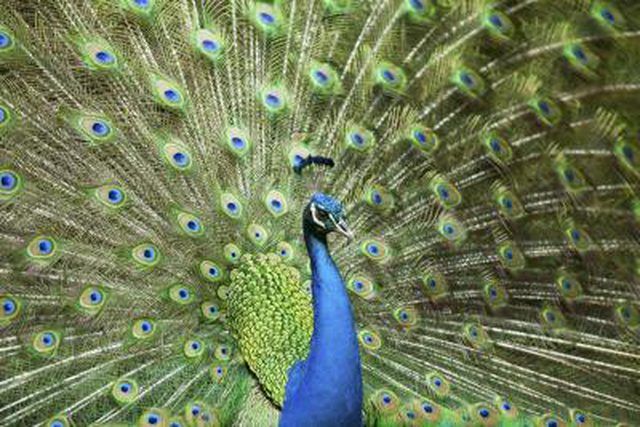Bulbs
Flower Basics
Flower Beds & Specialty Gardens
Flower Garden
Garden Furniture
Garden Gnomes
Garden Seeds
Garden Sheds
Garden Statues
Garden Tools & Supplies
Gardening Basics
Green & Organic
Groundcovers & Vines
Growing Annuals
Growing Basil
Growing Beans
Growing Berries
Growing Blueberries
Growing Cactus
Growing Corn
Growing Cotton
Growing Edibles
Growing Flowers
Growing Garlic
Growing Grapes
Growing Grass
Growing Herbs
Growing Jasmine
Growing Mint
Growing Mushrooms
Orchids
Growing Peanuts
Growing Perennials
Growing Plants
Growing Rosemary
Growing Roses
Growing Strawberries
Growing Sunflowers
Growing Thyme
Growing Tomatoes
Growing Tulips
Growing Vegetables
Herb Basics
Herb Garden
Indoor Growing
Landscaping Basics
Landscaping Patios
Landscaping Plants
Landscaping Shrubs
Landscaping Trees
Landscaping Walks & Pathways
Lawn Basics
Lawn Maintenance
Lawn Mowers
Lawn Ornaments
Lawn Planting
Lawn Tools
Outdoor Growing
Overall Landscape Planning
Pests, Weeds & Problems
Plant Basics
Rock Garden
Rose Garden
Shrubs
Soil
Specialty Gardens
Trees
Vegetable Garden
Yard Maintenance
How to Get Rid of Peacocks
How to Get Rid of Peacocks. They steal, vandalize cars, and keep the neighbors awake by shrieking back and forth to each other at night. No, they aren’t gangs of juvenile delinquents, but of peafowl, called either “prides” or “parties.” Native to southern Asia and usually raised as domestic poultry in the U.S., the...

They steal, vandalize cars, and keep the neighbors awake by shrieking back and forth to each other at night. No, they arenít gangs of juvenile delinquents, but of peafowl, called either "prides" or "parties." Native to southern Asia and usually raised as domestic poultry in the U.S., the beautiful birds can run wild in warmer sections of the country such as California, Nevada, Florida, and Hawaii. There they occasionally ravage gardens and attack their reflections in the shiny surfaces of cars. If you are tired of them "partying" at your expense, discourage them with a few simple stratagems.
Take In the Welcome Mat
Free-ranging birds choose to hang around certain yards for a reason. They like to clean up leftover pet food or birdseed or rummage through a compost pile for vegetable scraps and insects. To discourage peacocks from returning to your property, always feed your pets indoors and install seed catchers on your bird feeders so that what gets scratched out isnít scattered enticingly over the ground instead. Cover your compost pile with netting or chicken wire to keep the big birds out of it. In gardens, the National Gardening Association notes, peafowl are especially attracted to white flowers and to young plants with tender, edible leaves, so those may need to be protected with netting as well.
Shower Them with Unkindness
Like most free-ranging poultry, peafowl donít like to get wet. The city of Rancho Palos Verdes in California advises that water is "one of the best-known deterrents" for the birds. Motion-activated sprinklers installed in the areas where they like to hang out might motivate them to move along instead. If you canít install such sprinklers, you can provide the water yourself by keeping a hose handy and spraying the birds with it whenever they appear. As long as the weather is warm, getting wet shouldnít actually hurt adult peacocks or peahens -- only their feelings. Avoid spraying the baby peachicks, which are more vulnerable.
Go to the Dogs
Peafowl are generally frightened of dogs, too. If you have an invisible fence, you can keep your dog in the yard to discourage visits. An alternative is to bring a leashed dog outdoors whenever you see the birds and firmly escort them from the property, keeping far enough back that Fido canít actually reach them. If you donít own a dog, you might want to try scattering coyote urine -- sometimes available at home improvement stores or feed mills -- around the edges of your lot instead. The stinky stuff may delude the birds into believing there is a wild and predacious canine nearby.
Rule the Roosts
Peafowl like to roost in trees at night, and are especially attracted to those with comfortably horizontal limbs. If you have such trees on your property, it's a good idea to block access to them, perhaps by tying bird scare balloons to the most inviting perches.